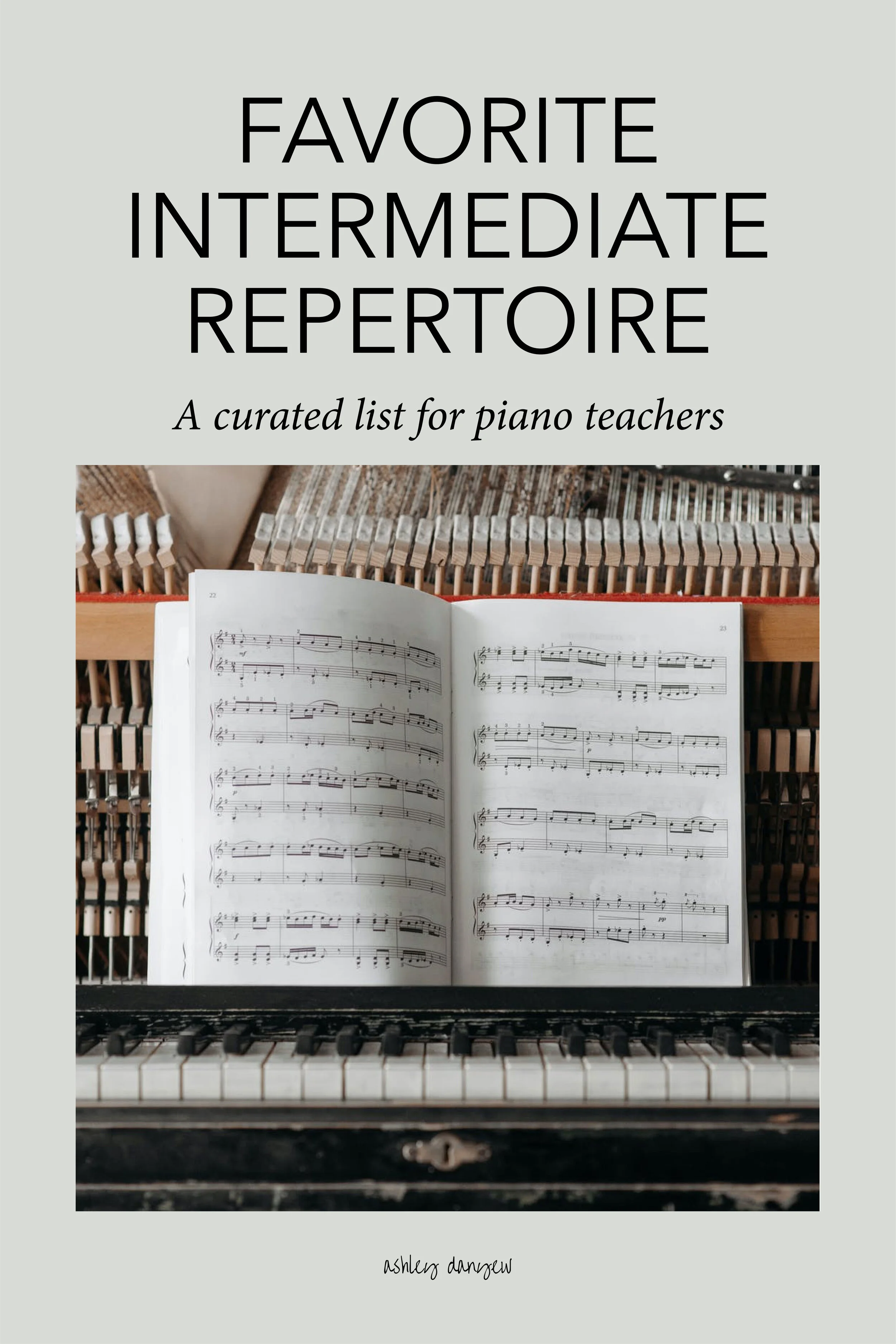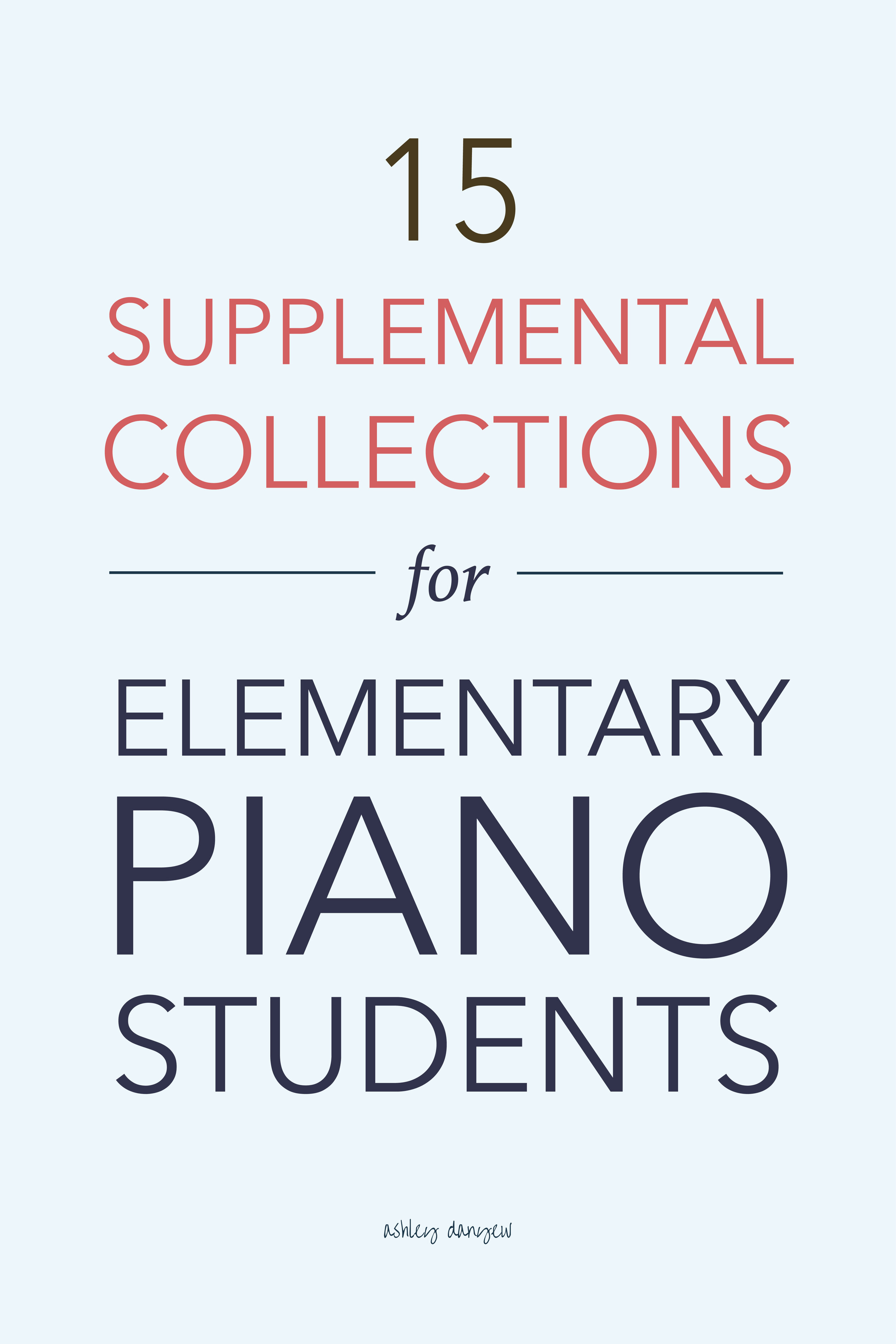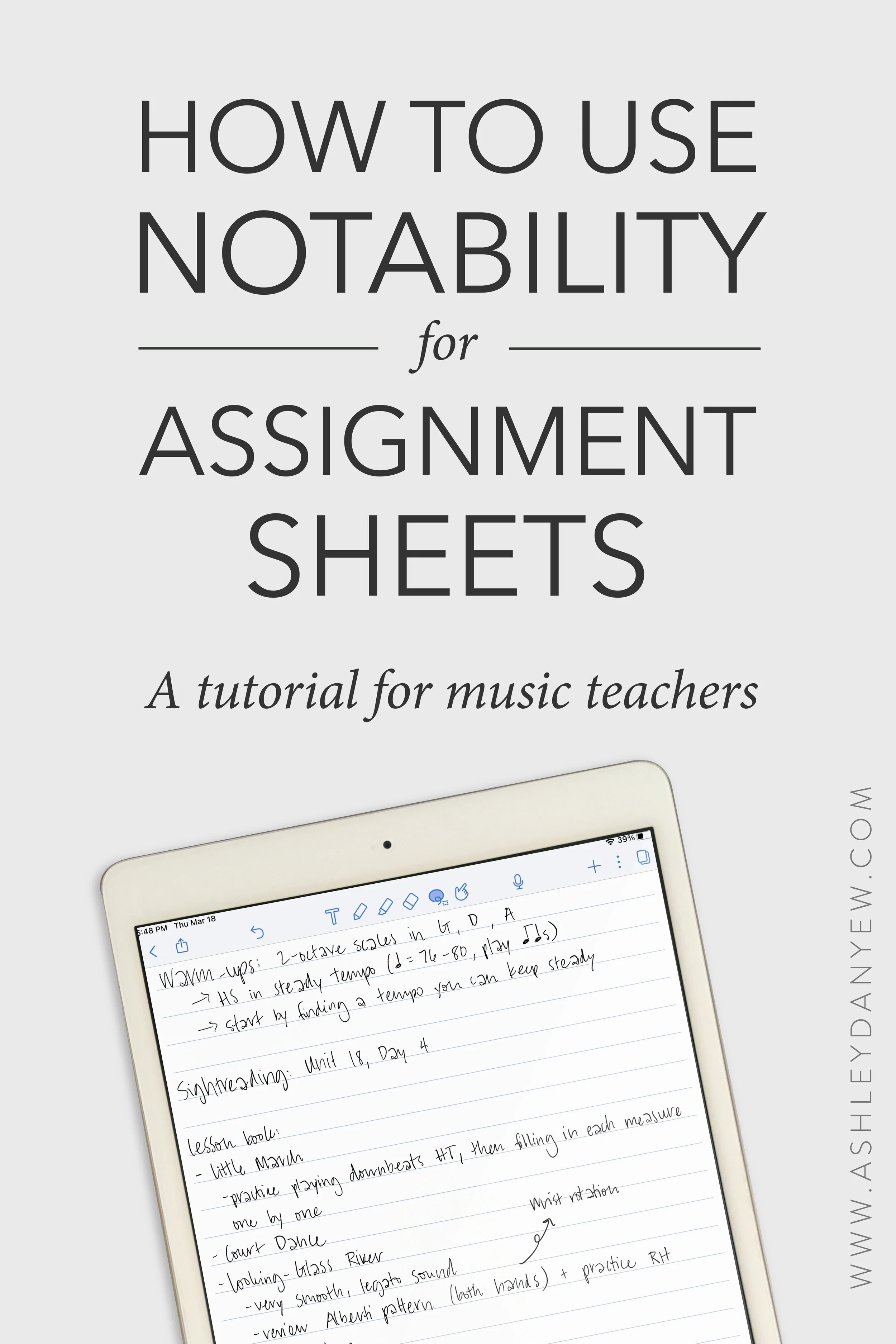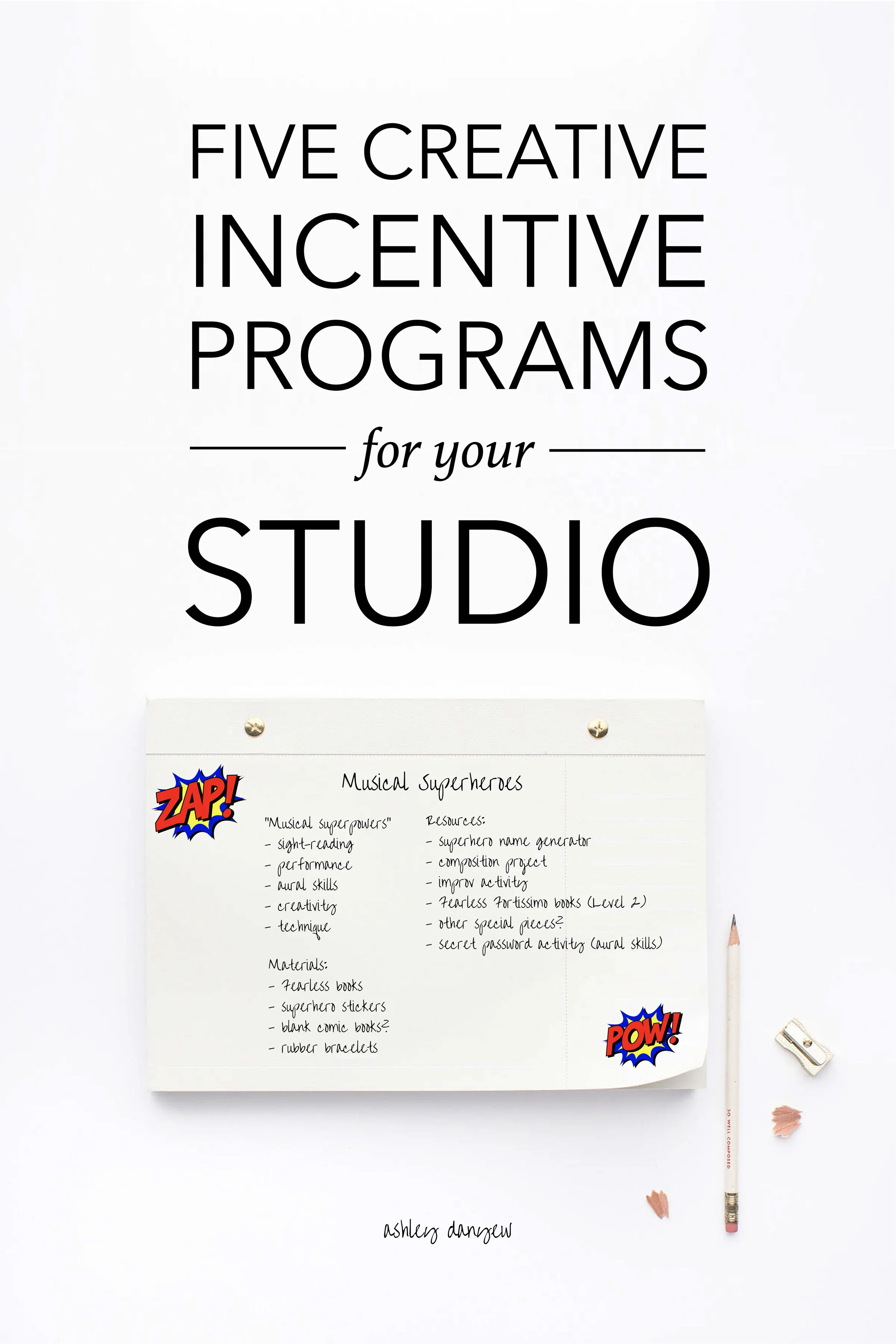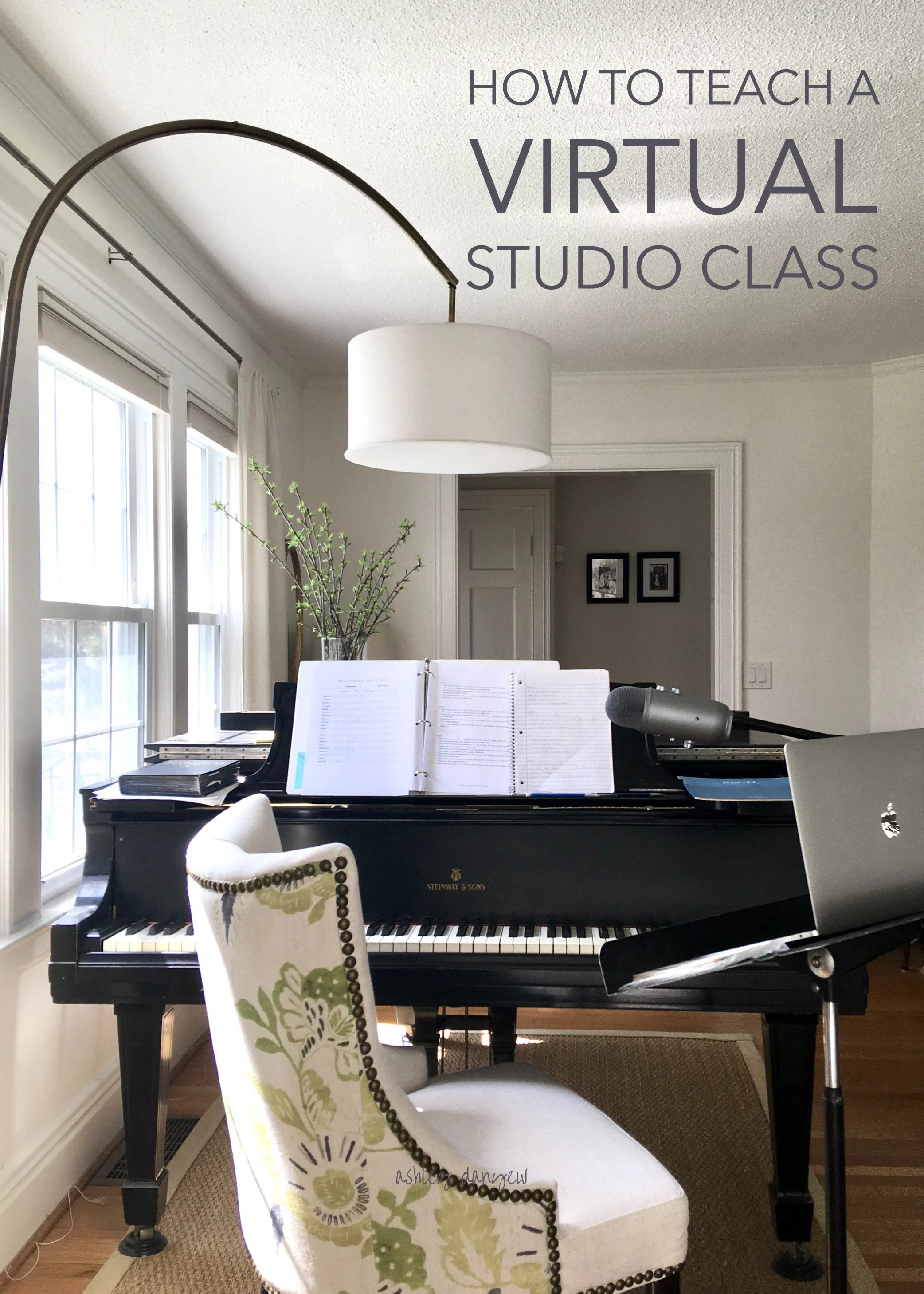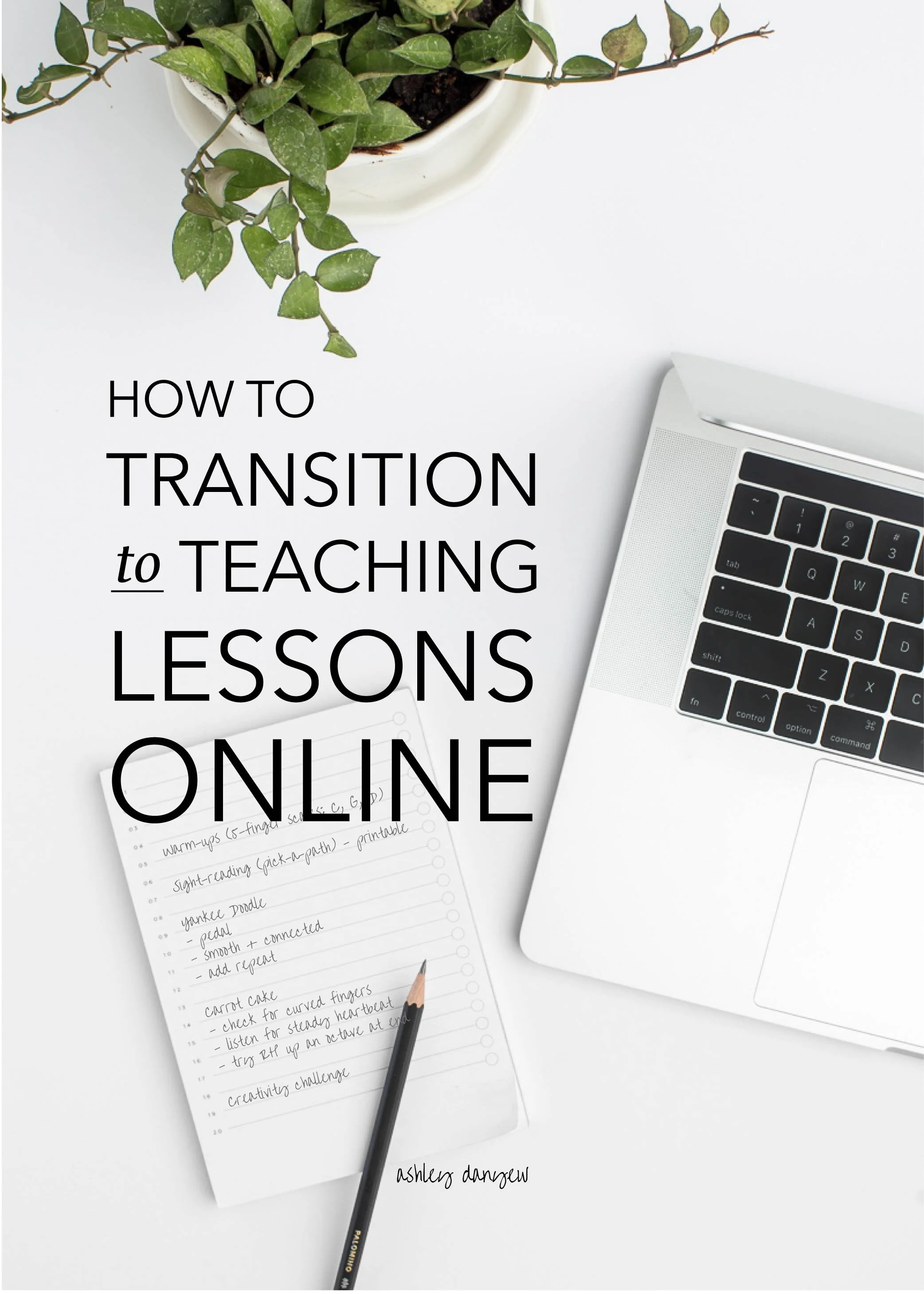Another piece Steve and I are considering for our upcoming lecture recital is Ernest Chausson's "Sérénade italienne" with text by Paul Bourget. The title indicates that it is a serenade, the poem indicates that it is a barcarolle, and interpreter Pierre Bernac states that it is neither. "It should be sung con slancio [vigorously, with dash] (half note=63), with pretty vocal effects" (The Interpretation of French Song, p. 94). The text reads: Let us sail in a boat over the sea to pass the night under the stars. See, there is just enough breeze to inflate the canvas of the sails.
The old Italian fisherman and his two sons, who steer us, listen but understand nothing of the words which we speak.
On the sea, calm and dark, see, our souls may commune, and none will understand our voices but the night, the sky and the waves.
Where does this story take place? What time of day is it? How many people are on this boat? Who is the character speaking and who is he/she speaking to? Perhaps we are in Italy but given the last line, it seems as if the two main characters are foreign to the surroundings: "And none will understand our voices but the night, the sky and the waves." There seems to be a feeling of secrecy and delight in this thought, don't you think?
Listen to Gérard Souzay perform with pianist Jacqueline Bonneau here. I love the atmospheric writing for the piano!
Previously: The Art of Song - Part I


















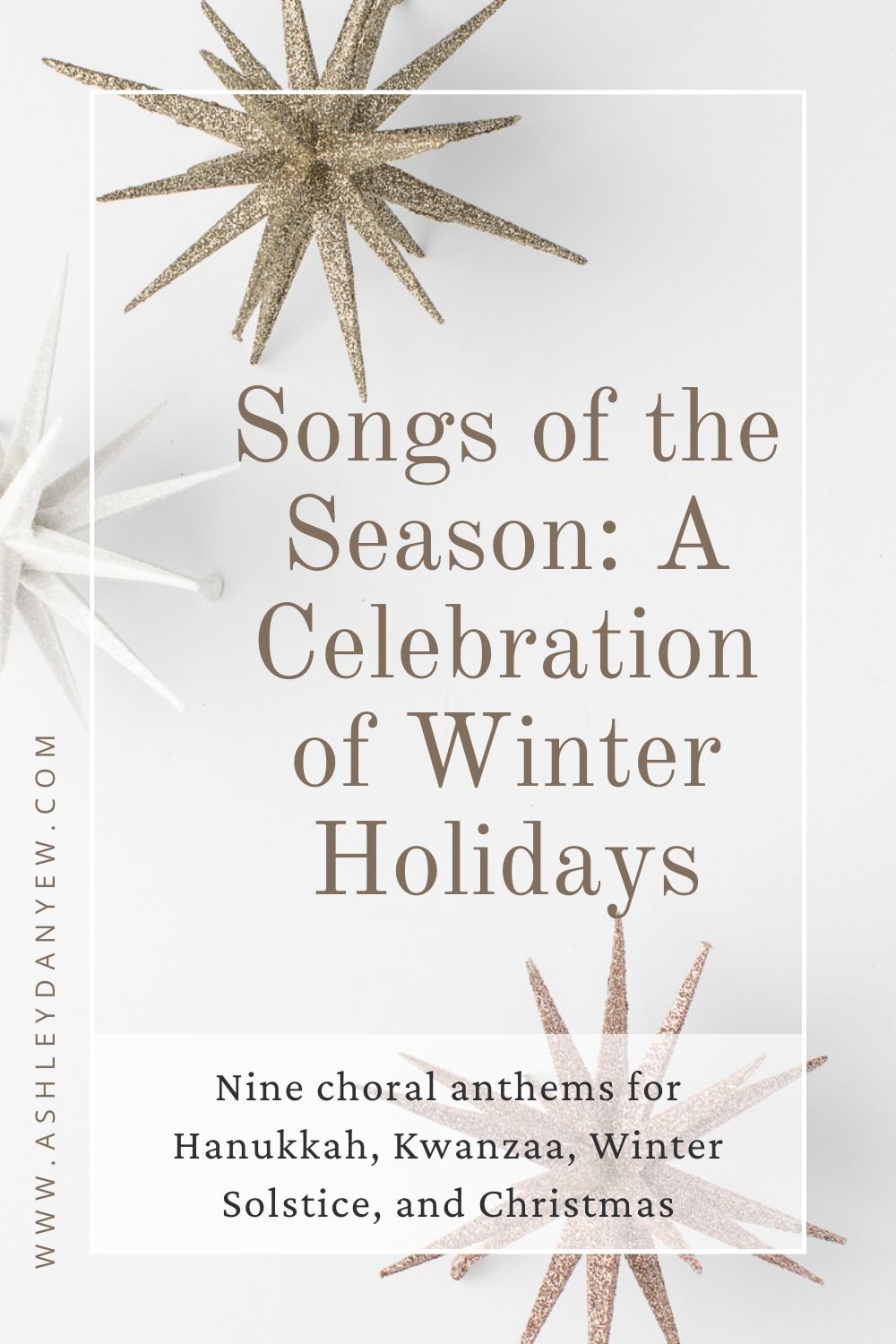








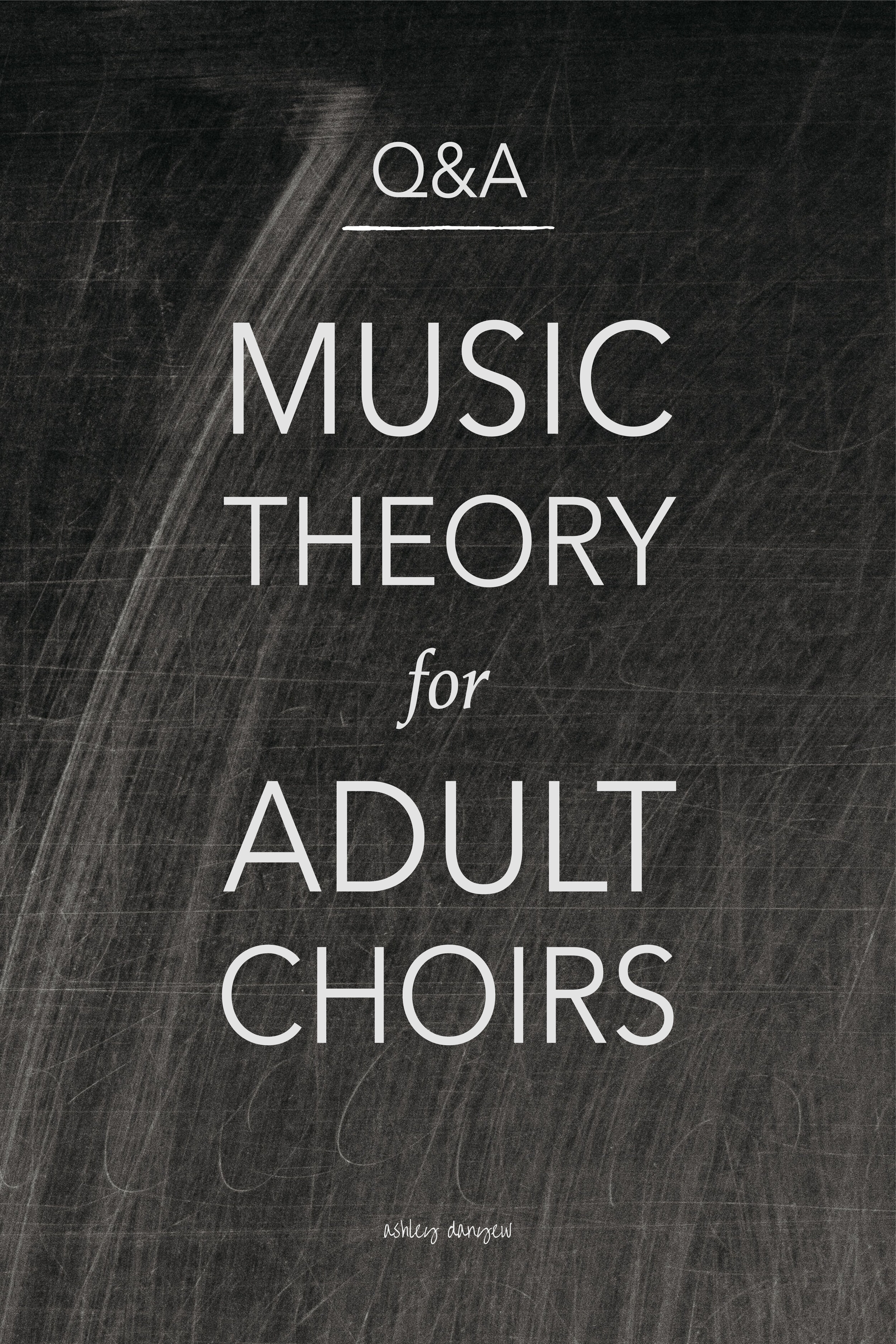

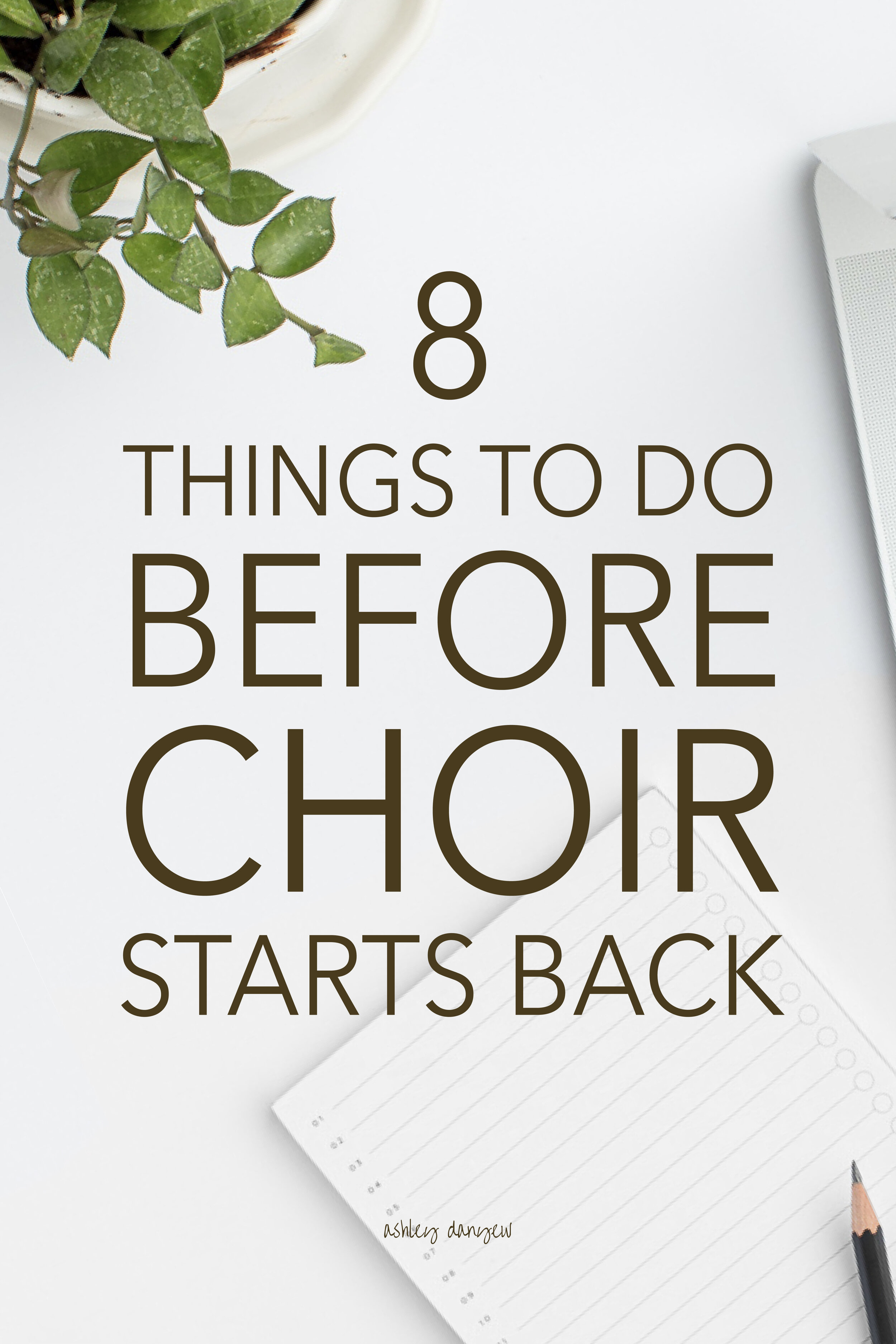



 This strophic German song (Op. 47, No. 3) by Johannes Brahms is about Sunday love - a young man longing for the beautiful girl he only sees in church on Sunday. Steve transcribed it for saxophone and piano, as you can hear in the recording below (listen for laughter in the piano interlude and coda!) For an in-depth description of our rehearsal process for this piece,
This strophic German song (Op. 47, No. 3) by Johannes Brahms is about Sunday love - a young man longing for the beautiful girl he only sees in church on Sunday. Steve transcribed it for saxophone and piano, as you can hear in the recording below (listen for laughter in the piano interlude and coda!) For an in-depth description of our rehearsal process for this piece,  I’ve often been advised to “make the most of opportunities” – I’m sure you’ve been there, too. Sometimes an opportunity presents itself out of nowhere – maybe it’s an extra time commitment, maybe it’s out of your comfort zone and just when you’ve convinced yourself to pass it by, suddenly the opposing voice in your head says, “Wouldn’t this be a great experience?” In my case, the opposing voice usually wins.
I’ve often been advised to “make the most of opportunities” – I’m sure you’ve been there, too. Sometimes an opportunity presents itself out of nowhere – maybe it’s an extra time commitment, maybe it’s out of your comfort zone and just when you’ve convinced yourself to pass it by, suddenly the opposing voice in your head says, “Wouldn’t this be a great experience?” In my case, the opposing voice usually wins.










